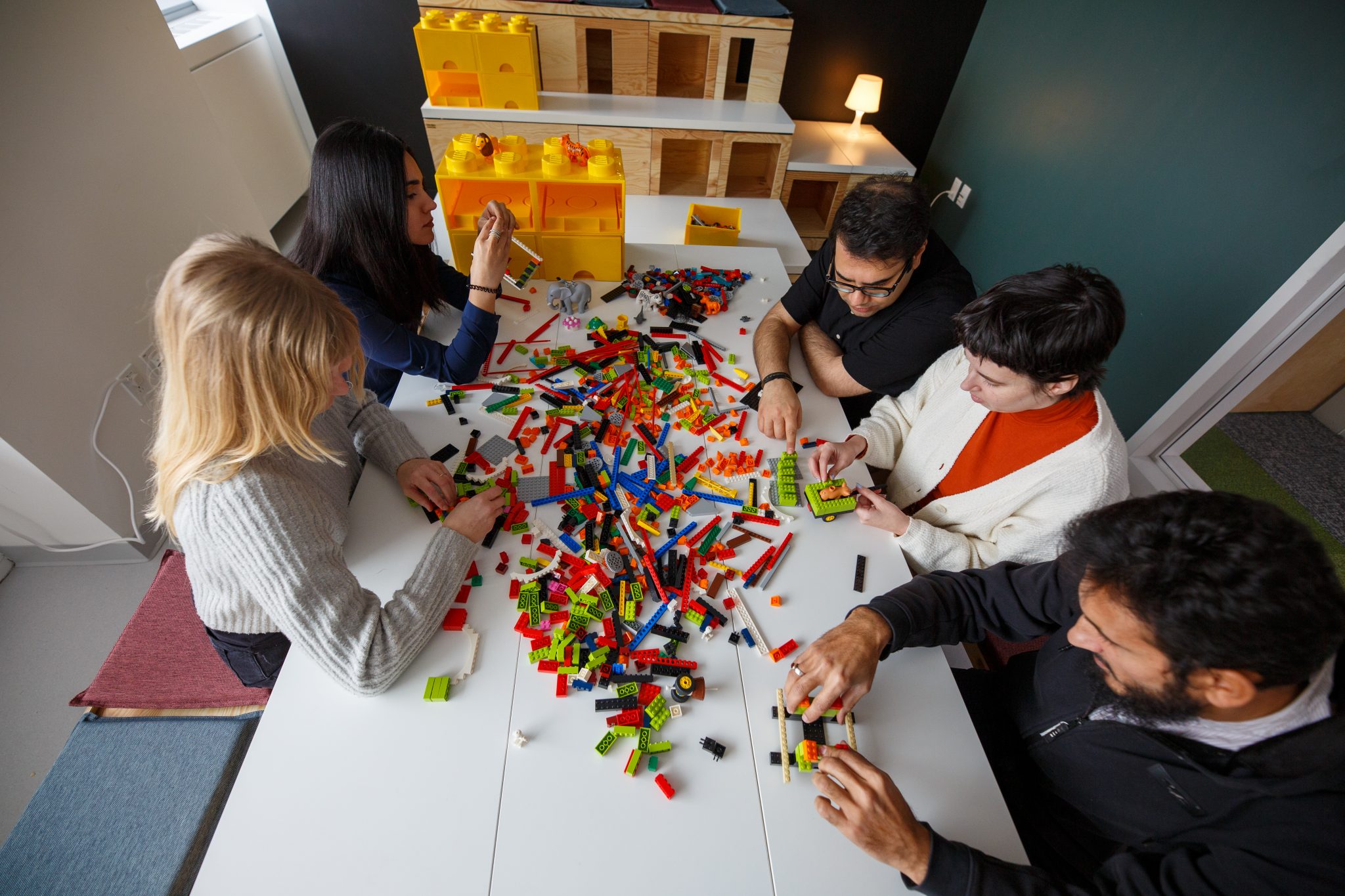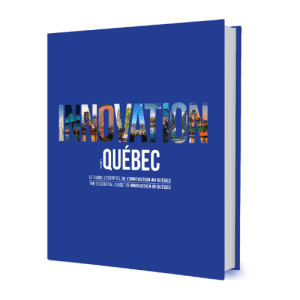Zero-emission communities require largescale electrification, retrofitting buildings, integrating renewable energy, developing sustainable mobility concepts, implementing green industry solutions, and transforming cities in a human-centered way. Furthermore, those next-generation communities should be affordable, mixed and inclusive, providing all essential services within walking distance. This also means easy access to green spaces, schools, health services, and other essential amenities complemented by public transit options for zero emission mobility.

Many cities, however, have difficulty implementing these concepts. Energy prices are still cheap, investment in public transit is limited, and renewable technology and sustainable construction typically have a long payback, making financial institutions hesitant. In the public sector, procurement rules often hinder sustainable investment, and there is no consensus on the densification of cities. Moreover, the construction industry is a short-cycle business stuck in a sequential engineering approach under cost pressure.

Therefore, innovative transformation approaches must be more than just technology-driven.
Developing tailored citizen-centred solutions to overcome these barriers requires integrated planning and facilitation of co-creation processes with all affected local stakeholder groups. This transformation calls for collaborative approaches that are tailored to the local innovation ecosystem. Prof. Ursula Eicker, the Canada Excellence Research Chair in Smart, Sustainable and Resilient Communities and Cities, works with stakeholders from real estate, finance, consultants, contractors, technology providers, and community groups to accelerate a technological and systemic transformation so trailblazing solutions can be co-created and implemented.

Concordia’s Next Generation Cities Institute is developing an innovative model toolkit to analyze scenarios and to evaluate their costs and benefits, while focusing on human-centered zero-emission built environments and sustainable mobility. The digital tools create a virtual world of sustainable communities where users can test and evaluate decarbonization strategies and experience their impact on livability, energy peak shaving, and mobility access before spending money and putting them into action. By modelling various scenarios, the tools can be viewed as a metaverse of what needs to be accomplished, where all actors can view and gauge the transformation as it unfolds in real-time.

As a result, moving from the digital to the real world is facilitated, and the sustainable urban transformation will accelerate through cocreation dialogues and consultations that involve all stakeholders.













